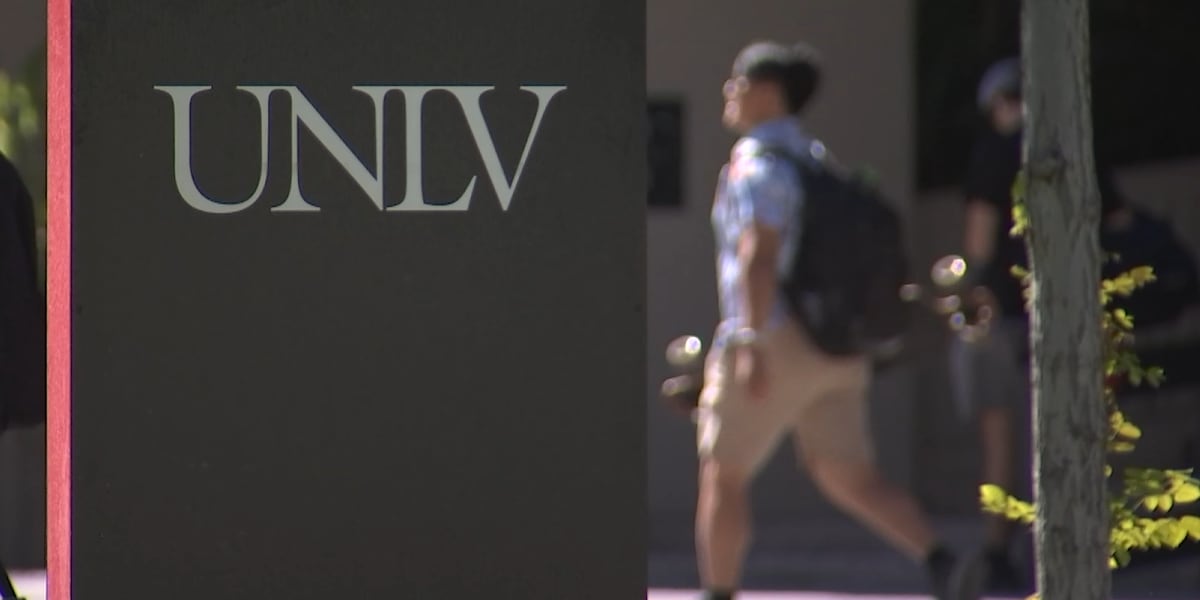Frostbite is more than just some surface-level skin damage. It can snowball into life-long circulation issues and even the loss of limbs.
John O’Connell says frostbite snuck up on him when he was outside for a short time to clean off his car in a snowstorm two years ago. When he came in to warm up, he didn’t notice anything out of the ordinary.
Scripps News Detroit
He went to a follow-up doctor’s appointment just one day later, and that’s when the doctor noticed his big toe was starting to turn black.

Scripps News Detroit
“They called the surgeon in right away. And he said, ‘You’re going into surgery tomorrow and taking that toe because it turned turn black,'” O’Connell recalled.
Doctor Roy Elrod is the Chief of Staff and emergency room physician at Detroit Receiving Hospital. He explained that the ‘frostbite danger zone’ is a lot warmer than most people think.
RELATED STORY | Know the signs of frostbite and hypothermia, and how to treat them
“Generally the milder cases – when the temperatures are still fairly just above freezing, and that’s usually about between 32 to 50 degrees because hypothermia can actually start below 50 degrees. As soon as it gets below 32 degrees, the freezing point is when you actually can see a lot of significant damage to patients,” said Dr. Elrod
While everyone might not experience as severe of a case as John did, there is still trouble with mild forms of frostbite.
“What begins to happen is, actually, freezing of water that’s within the body. The crystals are actually so small that we can’t see, obviously. But when that happens, they slow the progression of blood flow through those areas. And that slowing the blood flow, ultimately, can cause clotting within those small vessels. And then that begins the damage that we see as frostbite,” said Dr. Elrod.
RELATED STORY | FDA announces approval for first severe frostbite treatment
The good news is frostbite is incredibly preventable if you’re vigilant when braving the cold.
“Look at their little fingertips, red, blue, whatever. Get them inside, no matter how great their laugh. And in talking blue lips, ears, get them inside, keep those covered, but be aware that those are the indications that they should probably be inside,” Elrod says. “Be wise. It can be fun to be and have, you know, some winter games, but you always got to be conscientious enough to it and look out for other people, too.”
This story was originally published by Meghan Daniels at Scripps News Detroit.





